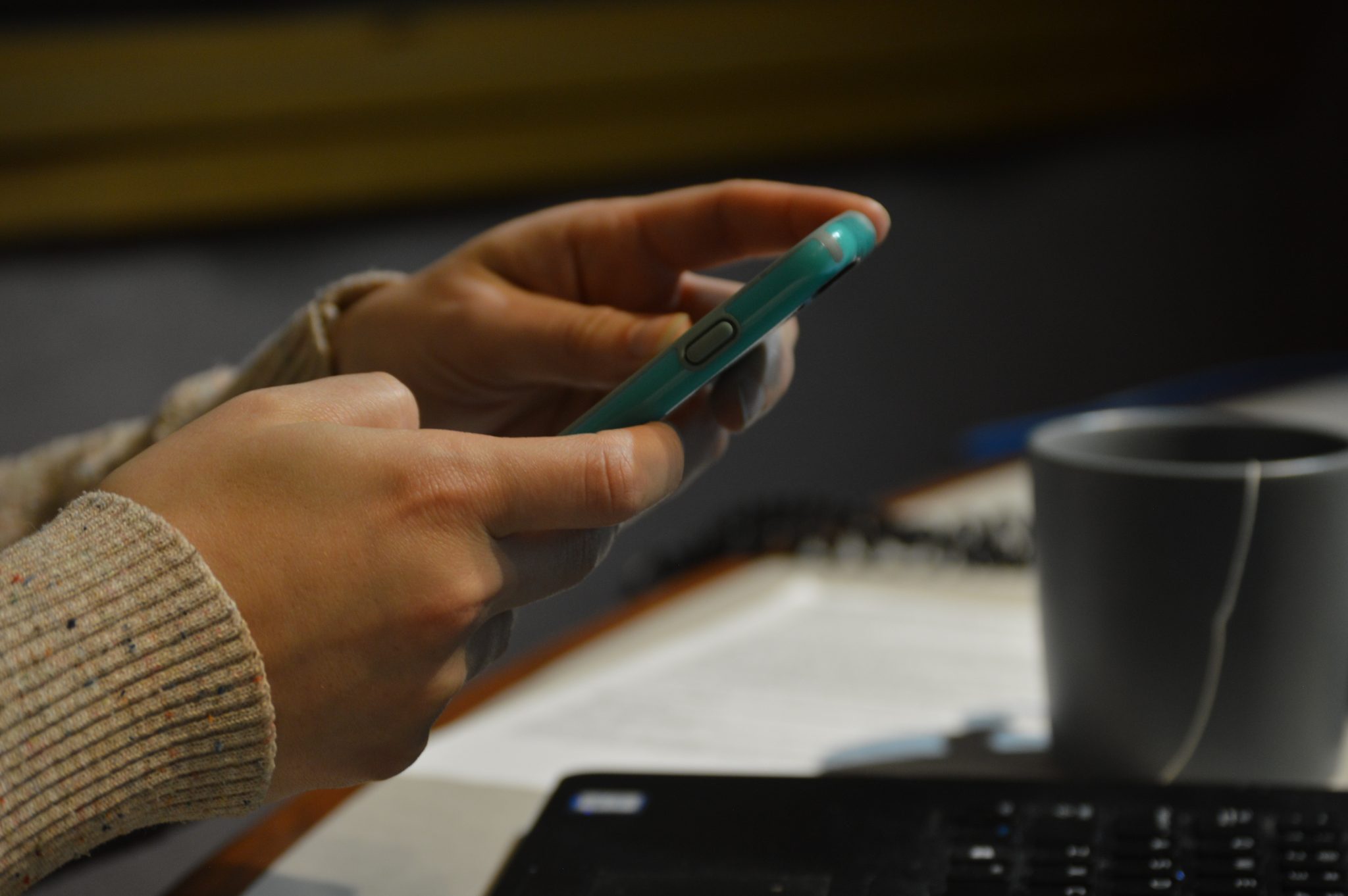We’re On Our Phones Too Much. Here’s Some Expert Tips to Disconnect
Experts on Detroit Today advise us on how to drop the phone and re-engage with the physical world, including coming up with a management plan and not using your phone as an alarm clock.

In the age of social media and Amazon ordering, it can feel like we have all become beholden to these devices that fit in our hands but crowd our brains and social interactions.
And for those looking to break the digital bond, it can feel like an overwhelming task. It can feel isolating, socially. And it can feel worse when the constant info and news that scrolls across our phones doesn’t reach you.
“We got these things for innocent reasons. We looked up a few years later and we’re on our phones all the time. And a lot of people are saying, ‘This is not what I signed up for.'” – Cal Newport, author
Today’s guests:
Cal Newport is the author of “Digital Minimalism: Choosing a Focused Life in A Noisy World,” where he addresses our dependency on social media and practical advice for achieving some digital autonomy.
“We got these things for innocent reasons,” Newport says on Detroit Today with Stephen Henderson. “We looked up a few years later and we’re on our phones all the time. And a lot of people are saying, ‘This is not what I signed up for.'”
Sarah Domoff is a clinical child psychologist. She’s an expert on children’s media use and problematic media use in adolescents and she’s the director of the Family Health Lab at Central Michigan University.
Click on the player above to hear Newport and Dormoff discuss disconnecting, and read tips from him and Detroit Today callers below.
Drop That Phone With Our Tips to Disconnect
Get home and leave your phone by the door.
“If you’re expecting a call or message, put your ringer on,” Newport says. “Just having those few hours when you’re at home in the evening for the phone to not be your companion, you just get used to life without this mediated overlay.”
Don’t use your phone as an alarm clock.
“You don’t need the supercomputer in your pocket to ring at a certain time,” says Newport. He says this makes it less likely your phone will be the first and last thing you look at every day.
Remove apps that profit off compulsive phone use.
“The most effective change you can make to your phone,” Newport says.
Make your phone display black and white.
Detroit Today caller Steve says it makes the phone less pleasing to look at — and less addicting.
For kids, come up with a family screen management plan.
Dormoff says whether or not screen time is a problem for children is very nuanced, and depends a lot on the individual child, his or her environment and stage of development.
“There are youth that can use smart phones in ways that are not counterproductive,” says Domoff. “But there’s so many individual factors. Is my child ready for this? Will they communicate with me if something goes wrong? Do I trust my child to communicate effectively and appropriately with people online? How will we handle conflict as it arises on social media?”
